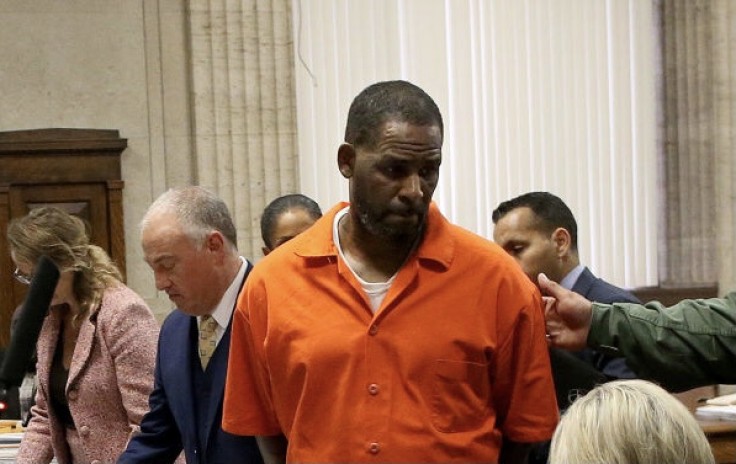
R. Kelly's defense finally rested its case weeks after the racketeering trial began.
On Wednesday, R. Kelly's lawyers stood in Brooklyn and called five witnesses during the three-day-long defense. It became critical for the disgraced singer, who opted not to testify and defend himself.
Chicago Tribune reported that R. Kelly refused to undergo prosecutors' cross-examination. He told U.S. District Judge Ann Donnelly he did not want to testify after the fifth and final witness spoke.
R. Kelly's decision gave the nod to what his lawyers previously said ahead of Wednesday's defense.
New Updates on R. Kelly
Assistant U.S. Attorney Elizabeth Geddes examined the evidence from the 45 witnesses who appeared and spoke throughout the nearly six weeks of testimony.
She revealed that R. Kelly's organization originally had legitimate goals regarding the singer's brands and records. However, she noted that the same organization was used to do its dark transactions, including recruiting and grooming women.
The prosecutors discovered how his team kept victims in line, keeping them inside the rooms of his Olympia Fields mansion and making them follow the singer's absurd rules.
"The names have changed, but their roles have remained the same since the beginning," Geddes went on. "For many years, what happened in the defendant's world stayed in the defendant's world. ... Without his inner circle, (Kelly) could not have carried the crimes for as long as he did."
After 3 1/2 hours of defense trial, the assistant attorney perused the racketeering charged, including the 14 criminal acts R. Kelly committed. She also got the evidence - including phone records, text messages, and DNA results - and combined them with the testimonies the accusers and witnesses revealed.
She ended the reading by tagging the singer as the leader of the whole enterprise that abused people for years.
The trial will resume on Thursday, and it will allow the R&B singer's defense lawyer, Deveraux Cannick, to address the jury.
He is expected to provide counterattacks against the claims, like calling the accusers liars who only wanted to profit. He might also offer an argument against the prosecutors for failing to prove the enterprise's existence and using it for crimes.
A rebuttal from the prosecutors will follow the upcoming argument. Jury deliberations will happen afterward.
© 2025 MusicTimes.com All rights reserved. Do not reproduce without permission.







